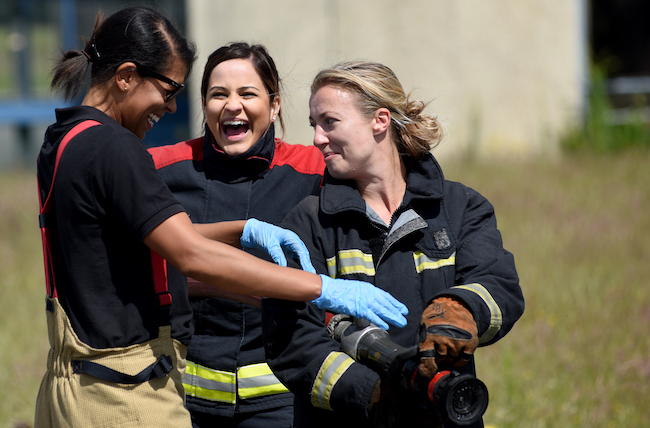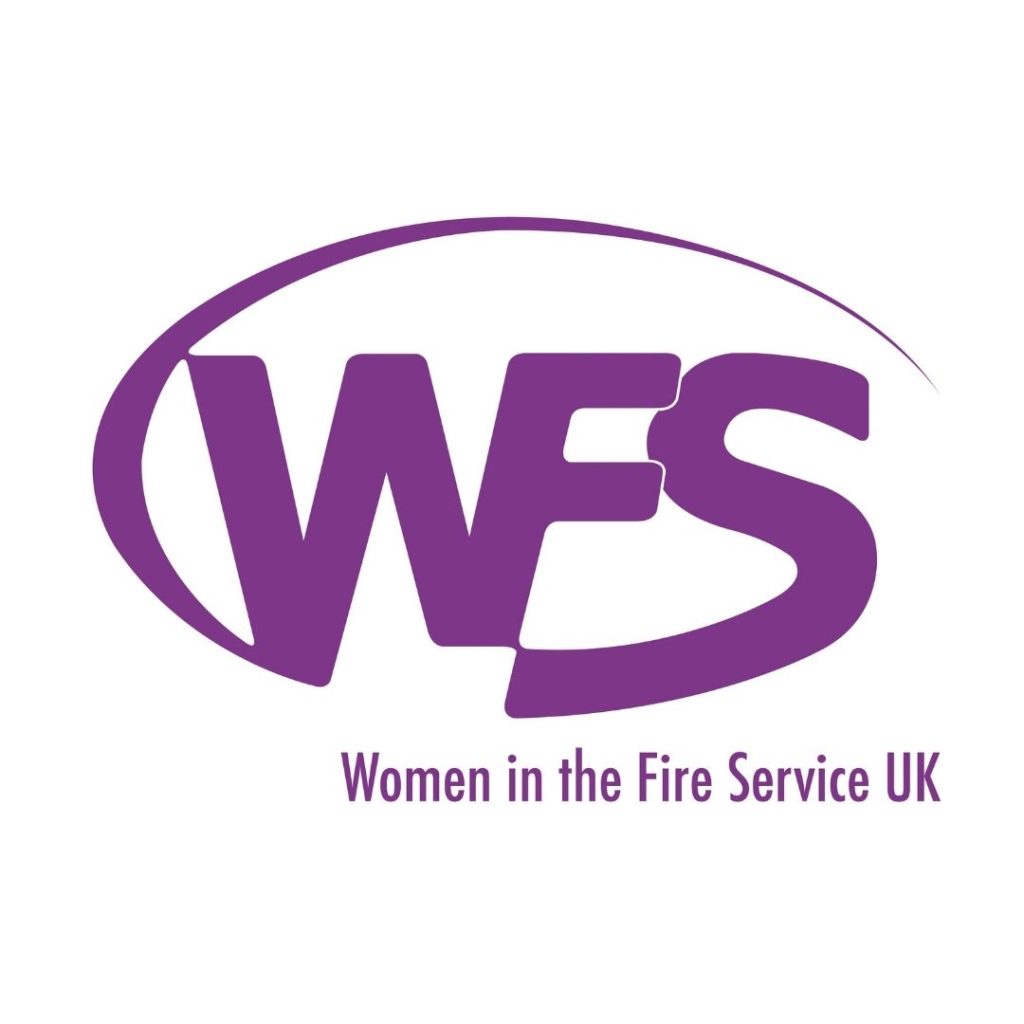WFS
Working together, sharing strengths
Women in the Fire Service UK (WFS) is a volunteer-led, non-profit organisation with a vision of a society where women and girls are empowered to realise a career in the Fire and Rescue Service (FRS). Caroline Anderson, WFS Vice Chair, and Crew Manager/Recruitment and Retention Officer at Devon and Somerset Fire and Rescue Service, talks about how although the tide is slowly turning, the bigger picture is not the diverse workforce we would expect to see in 2021.

Inspiring a more progressive fire and rescue service
Gender imbalance is high in the FRS, with women hugely under–represented. Because firefighting is still seen as a ‘man’s job’, many girls hold back from exploring this career. Recent Government figures show women make up less than 18% of the total workforce – and underwhelmingly – only 7% are firefighters. But it’s not just women that are underrepresented, 5.1% of all FRS staff are from ethnic minority communities and experimental figures show 3.3% identify as LGBT+. Of course this is only half the picture, what about gay women of colour, for example?
Despite the low numbers, it’s good news there are now more positive action campaigns aimed at encouraging underrepresented groups to apply for opportunities. Proactive services are leading the way on this, one way is through “Have A Go” days specifically for women, BAME and LGBT+ communities. FRS also works with and supports organisations like the Asian Fire Service Association, Stonewall, and Women in the Fire Service UK to name a few, helping create change in a deep rooted culture. That culture is a white dominated male workforce. Sadly, stereotypes still need debunking, as many young people don’t see that careers in the service are for them. Old cliches are harmful – that certain groups of people aren’t up to the job or wouldn’t want to do the job just isn’t acceptable.
Careers for everyone
Leaders and senior posts in the FRS are for anyone. Women have risen to the very top of the profession, with six women fire chiefs now across the country. We encourage and promote self-development, empowering women to take the path that’s right for them. Our Reps speak in schools and at careers fairs. And we’re often asked for advice from young people thinking about pathways to the FRS – what subjects to take, and questions about other routes into the service, like Apprenticeships or the Fire Cadets. WFS also has a jobs board which advertises opportunities from entry-level to senior positions.
To apply for a full time firefighter position in Devon and Somerset Fire Service you currently need four GCSEs or equivalent, including English, Maths and Science, and you need to be able to swim and have a driving license. Many women firefighters also train to drive fire appliances, qualifying as an LGV driver – something people often don’t think of a woman doing at all!
Role models of the future
WFS champions the motto, “if you can see it, you can be it”. Our ‘Young Person Role Model Award’, a category in our award scheme, recognises young people in the FRS aged 11-24 years old, who are ambassadors for equality and diversity issues. Last year we awarded an Assistant Commissioner Ambassador Cadet, who spoke passionately about the need for the young to break down barriers across London communities to make streets safer and to celebrate diversity.
There are many roles for young people to aspire to, whether that’s a chief fire officer, drone operator, diversity officer, dog handler, driving instructor, or an engineer or even a food nutritionist! I was working as a legal secretary, when I saw an advert outside my local fire station. I really wanted a new challenge in my life, so thought I’d apply to be a firefighter. The fire service is now like a family to me. To any young person thinking about joining – don’t let anyone tell you it’s not the career for you, because of your ethnicity, gender, physique, ability or background.
For more information about WFS, visit: www.wfs.org.uk

